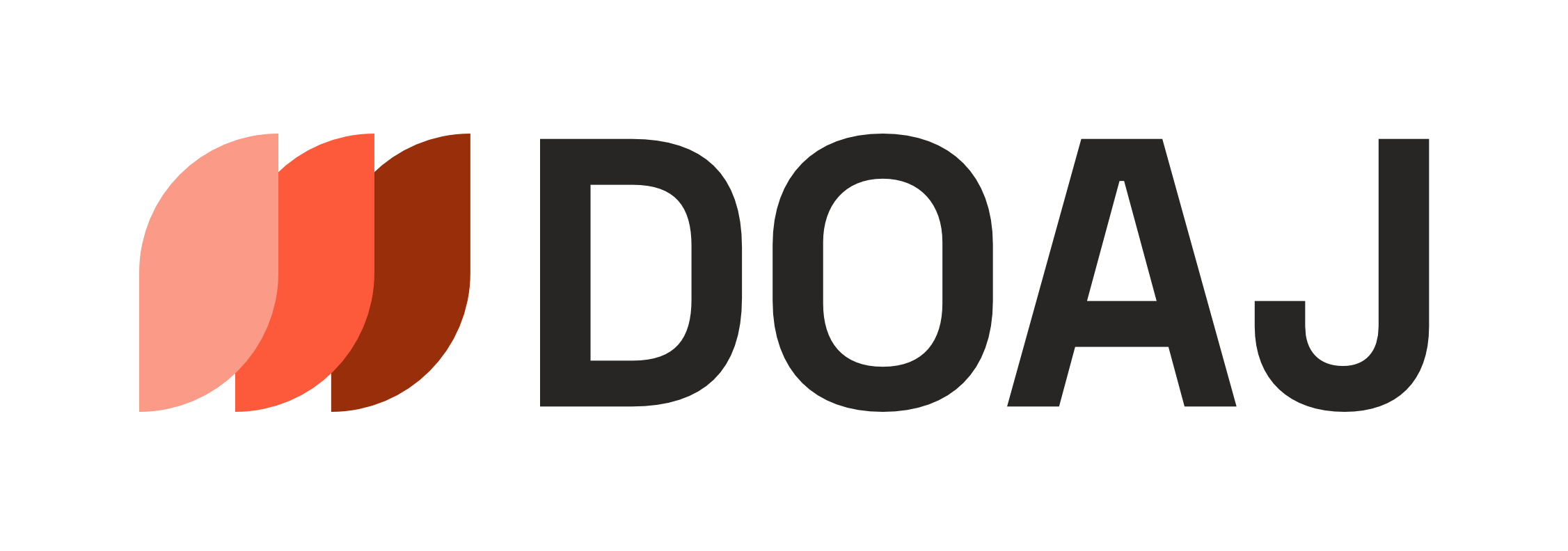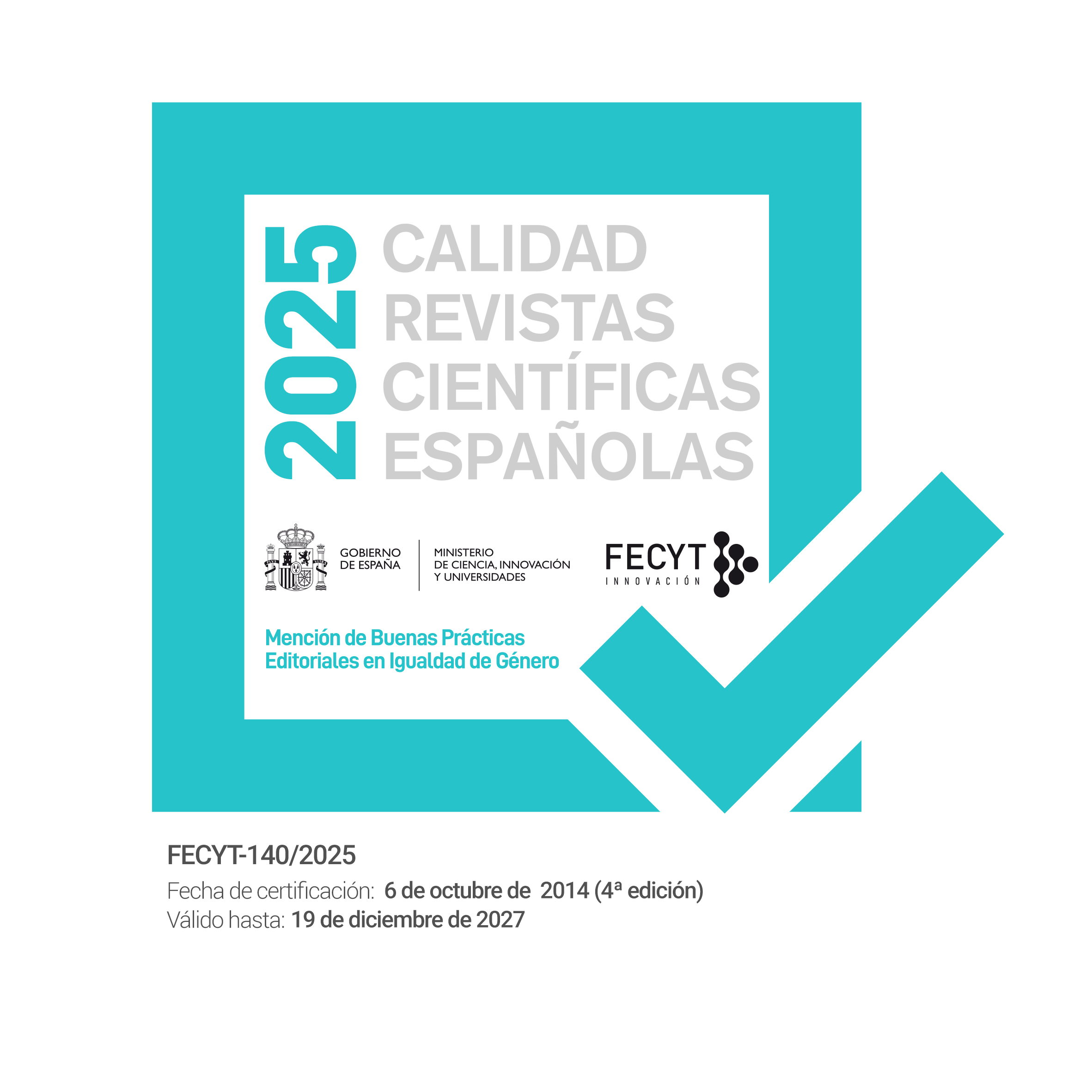The continuing training of the teachers in the strategic plans of the spanish universities
DOI:
https://doi.org/10.5944/educxx1.30321Keywords:
strategic planning, continuing education, teachers competencies, higher educationAbstract
The present work investigates a sample of 45 Strategic Plans applied by the same number of Spanish universities between the years 2000 and 2020, to learn the relevance and the treatment that continued training of Teaching and Research Staff receives in the strategic plans. The content analysis method has been used to identify and compute objectives and different aspects that universities explicitly relate to the training of teachers in these plans. The repertoire of variables has been elaborated inductively through the continuous review of the documents.
The results allow us to appreciate that continuing training of teaching and research staff is taken into account in the universities’ plans. However, this training receives unequal and generally unsystematic treatment in the corporate documents; moreover, universities tend to emphasize some topics to the detriment of others, focusing mainly on teaching and very little on the management and development of directive functions. Finally, the universities, as a whole but not individually, associate the continued training of the teachers with a wide and varied repertoire of topics, which suggests the possibility of moving forward to a more articulated and integral model of continuing training applicable to the set of Spanish universities.
We believe the results are useful in order to improve the content and planning of the continuing training of the teachers with a more systematic and integral focus, considering the importance of the training of teachers and researchers for the management of the changes that universities propose, especially taking into account the impact that the Covid-19 pandemic is having on the digital and pedagogical transformation of universities.
Downloads
References
Álamo Vera, F. R. (1995). La planificación estratégica de las universidades: propuesta metodológica y evidencia empírica. [Tesis doctoral. Universidad de Las Palmas de Gran Canaria].
Álamo Vera, F. R., & García Soto, M. G. (2007). El proceso estratégico en el sector público: Análisis en el contexto de las universidades españolas. Investigaciones Europeas de Dirección y Economía de la Empresa, 13(2), 113-119.
Allen, J., Rowan, L., & Singh, P. (2020). Teaching and teacher education in the time of COVID-19. Asia-Pacific Journal of Teacher Education, 48(3), 233-236. https://doi.org/10.1080/1359866X.2020.1752051
Benavides León, C. A., & López Rodríguez, N. M. (2020). Retos contemporáneos para la formación permanente del profesorado universitario. Educación y Educadores, 23(1), 71-88. https://doi.org/10.5294/edu.2020.23.1.4
Blanchard Giménez, M. (2020). Desafíos de la Formación del Profesorado Universitario en España en el siglo XXI. Чуждоезиково обучение 47(2), 155–165.
Cabero Almenara, J. & Valencia, R. (2021). Y el COVID-19 transformó al Sistema Educativo: reflexiones y experiencias por aprender. IJERI: International Journal of Educational Research and Innovation, 15, 218-228. https://doi.org/10.46661/ijeri.5246
Corbera, E., Anguelovski, I., Honey-Rosés, J., & Ruiz-Mallén, I. (2020). Academia in the time of COVID-19: Towards an ethics of care. Planning Theory & Practice, 21(2), 191-199. https://doi.org/10.1080/14649357.2020.1757891
CRUE (2020). La universidad frente a la pandemia. CRUE Universidades Españolas. https://www.crue.org/2020/12/universidad-frente-pandemia/ [Revisado: 14/03/2021].
Deloitte (2015). The Deloitte Global Millennial Survey. DTTL Global Brand & Communications.
García-Aracil, A. (2013). La planificación estratégica en las universidades públicas en España. Aula, 19, 111-132.
García Manjón, J. V. (2009). Hacia el Espacio Europeo de Educación Superior. El reto de la adaptación de la universidad a Bolonia. Netbiblo.
Ion, G., & Cano, E. (2012). La formación del profesorado universitario para la implementación de la evaluación por competencias. Educación XX1, 15(2), 249-270. https://doi.org/10.5944/educxx1.15.2.141
Kotter, J. P. (2004). Las claves del cambio. Deusto.
Martín Serrano, M. (2004). La producción social de comunicación. Alianza Editorial.
Salaburu, P., Ginés Mora, J., & Haug, G. (2011). España y el proceso de Bolonia: un encuentro imprescindible. Academia Europea de Ciencias y Artes.
Sales, D., Cuevas-Cerveró, A., & Gómez-Hernández, J. A. (2020). Perspectives on the information and digital competence of Social Sciences students and faculty before and during lockdown due to Covid-19. Profesional de la información, 29(4), e290423.
Tejada Fernández, J., & Ruiz Bueno, C. (2016). Evaluación de competencias profesionales en Educación Superior: Retos e implicaciones. Educación XX1, 19(1), 17-38. https://doi.org/10.5944/educxx1.12175
Universidad de Granada (2020). Plan Estratégico UGR. Bases metodológicas. Universidad de Granada.
Downloads
Published
How to Cite
Issue
Section
License
Copyright (c) 2021 Francisco Javier Malagón Terrón, Mariona Graell Martín

This work is licensed under a Creative Commons Attribution-NonCommercial 4.0 International License.
Educación XX1 is published under a Creative Commons Attribution-NonCommercial 4.0 (CC BY-NC 4.0)











